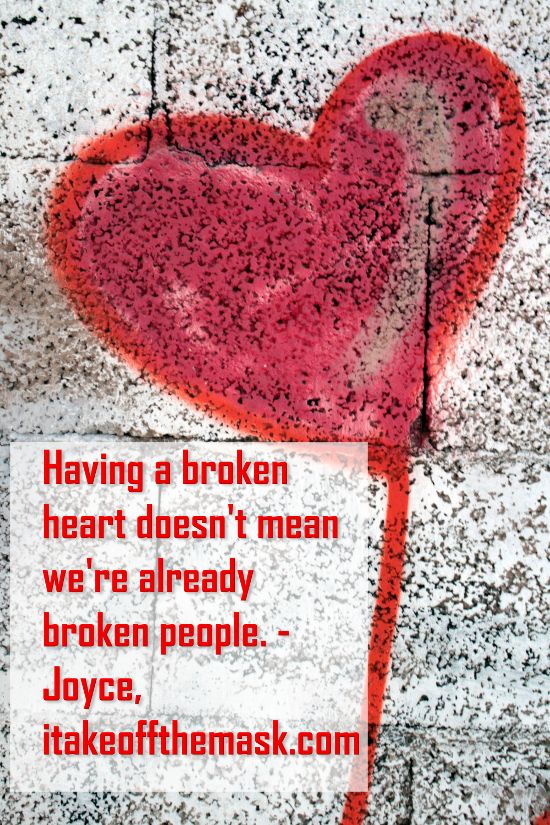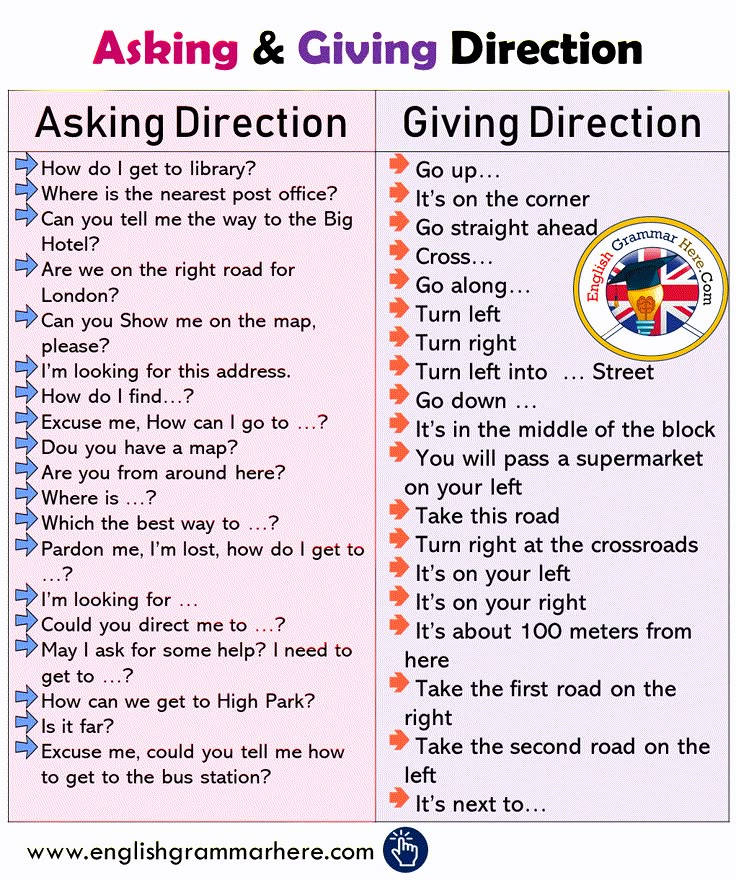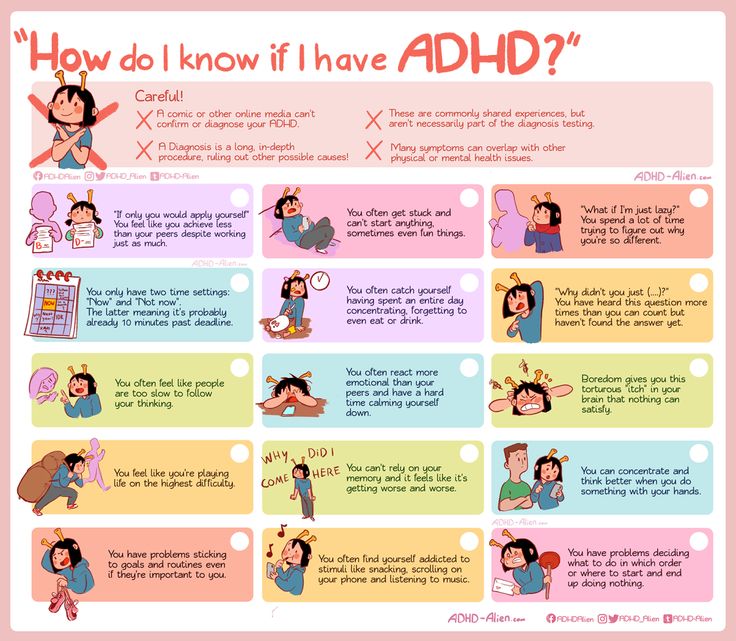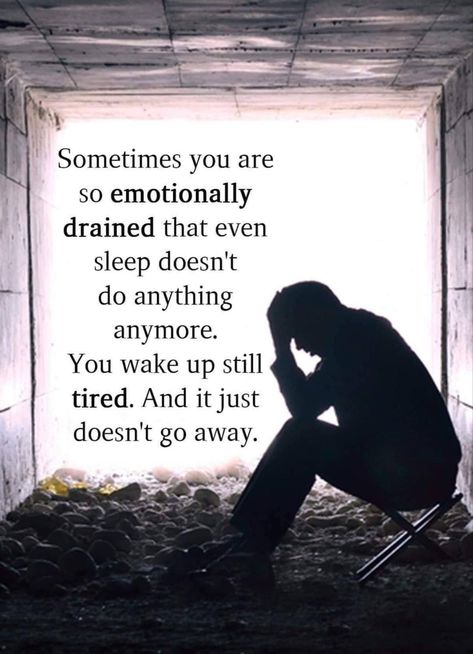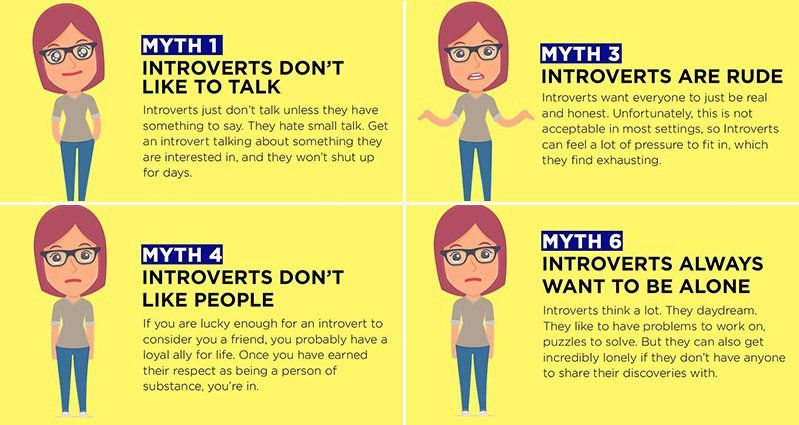How does talk therapy work
How it works, benefits, and more
Talk therapy, also called psychotherapy, is the process by which a person attends sessions with a therapist to talk through their experiences.
In talk therapy, a psychologist will discuss previous traumas and psychiatric conditions with a person in order to treat, evaluate, and diagnose various mental health conditions. The psychologist will help people resolve and process issues verbally. They may also help individuals forge a path forward through disorders that have interfered with daily activities.
Keep reading to learn more about talk therapy, including how it works, the various conditions it may benefit, and how a person could choose a type of therapy that may work best for them.
Talk therapy involves a person enrolling in psychotherapy sessions with a licensed psychologist, psychiatric nurse, counselor, social worker, or psychiatrist. All of these individuals are qualified to facilitate therapy, and should apply scientifically validated procedures to improve the mental health and well-being of their clients, according to the American Psychological Association (APA).
In a talk therapy session, a counselor may help a person do the following:
- gain a better understanding of their emotions
- identify roadblocks and obstacles to optimal mental health
- overcome anxiety and insecurities
- cope with stress
- process previous traumatic experiences
- work on breaking unhealthy habits
- discuss possible lifestyle changes
- pinpoint triggers
At its core, talk therapy, or psychotherapy, allows a person to discuss their concerns, goals, and challenges with a person who holds no biases and no judgments. After a series of sessions, talk therapy should help a person target, and eventually change, patterns of thought and behavior that may be a hindrance to a healthy state of mind. These sessions will always be strictly confidential.
Generally speaking, when a person enrolls in talk therapy, the therapist, or other healthcare professional leading the sessions, will ask several questions during an initial appointment. This is for the therapist to gain a comprehensive understanding of the person’s history and background, so they can decide on the best course of treatment. Questions at this stage tend to be around the following:
This is for the therapist to gain a comprehensive understanding of the person’s history and background, so they can decide on the best course of treatment. Questions at this stage tend to be around the following:
- family history of mental health conditions
- past traumas
- how the patient is coping with their issues in daily life
- what they hope to achieve through talk therapy
Once they have this information, a therapist will proceed with treatment.
Talk therapy should be an open-ended dialogue about any issues or concerns a person is facing. A psychotherapist may take notes while a person shares information about their family life, relationships, childhood experiences, and symptoms or history of a condition, to name a few examples.
There is no limit on the number of talk therapy sessions a person might attend to gain a deeper understanding of their condition, habits, or challenges. A therapist may recommend regular sessions until they and the person have come up with an action plan for treatment or until the person has made lifestyle improvements.
One of the primary goals of therapy is to address the problem or problems that are overwhelming to a person. These do not always have to be major traumatic experiences, such as divorce, grief, loss, anxiety, job loss, or addiction. People may wish to discuss themselves in general, exploring their past experiences in order to gain a better understanding of themselves and their thought and behavior patterns.
There is no right or wrong answer when it comes to dialogue and discussion during talk therapy. The facilitator of a session may ask some questions to help a person get started. In other cases, the person undertaking the therapy sessions may talk about whatever is on their mind, and the discussion will stem from there.
A person should never feel forced or pushed by their therapist to discuss events or experiences they are not yet ready to address. If a therapist asks a question that a person feels uncomfortable answering, the person can simply state that they do not wish to discuss it.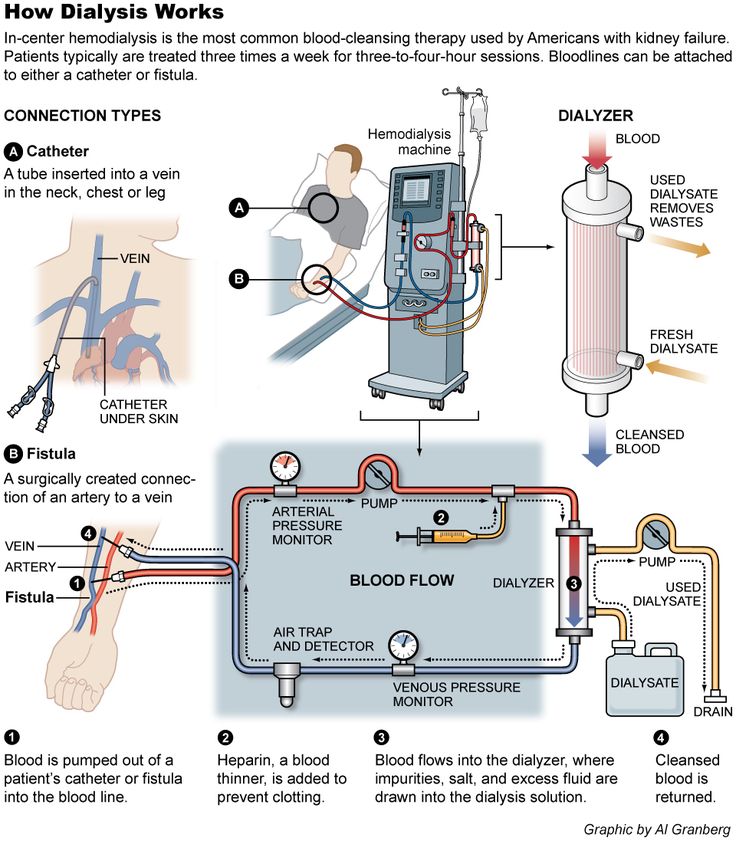 A therapist may try to guide discussions, allowing the person to make connections between experiences, thoughts, and behaviors, but a therapist will not force a person to discuss things they do not wish to discuss.
A therapist may try to guide discussions, allowing the person to make connections between experiences, thoughts, and behaviors, but a therapist will not force a person to discuss things they do not wish to discuss.
Anyone can potentially benefit from therapy sessions, from those who could use some more clarity and direction in life to people who are struggling with mental health conditions.
That said, there are a few conditions that psychotherapy might be particularly helpful for:
- clinical or situational depression
- generalized anxiety disorder or social anxiety
- bipolar disorder
- eating disorders
- substance abuse or addiction
- phobias
- schizophrenia
- post-traumatic stress disorder
- obsessive-compulsive disorder (OCD)
- adjustment disorder
This is not an exhaustive or comprehensive list of conditions that might benefit from talk therapy. Anything that interferes with a person’s usual daily life may benefit from talk therapy sessions.
According to the APA, there are five main categories of psychotherapy or talk therapy.
Behavioral therapy
Behavioral therapy seeks to correct self-destructive or self-loathing behaviors by replacing them with healthier ones. This is a common treatment option for people with:
- anxiety
- depression
- panic disorder
- anger issues
- OCD
- self-harming tendencies
- addiction
- eating disorders
Behavioral therapy may be an option for both adults and children.
Cognitive behavioral therapy
Cognitive behavioral therapy (CBT) places emphasis on how a person’s core beliefs influence their thought patterns, which in turn affect behavioral patterns. CBT primarily helps people identify and correct negative patterns of thought. It may employ techniques such as self-monitoring, mindfulness, and questioning or challenging harmful thoughts.
Learn more about CBT here.
Humanistic therapy
This is a type of therapy that helps patients focus on self-actualization, or living a life that is true to their real self in order to reach fulfillment.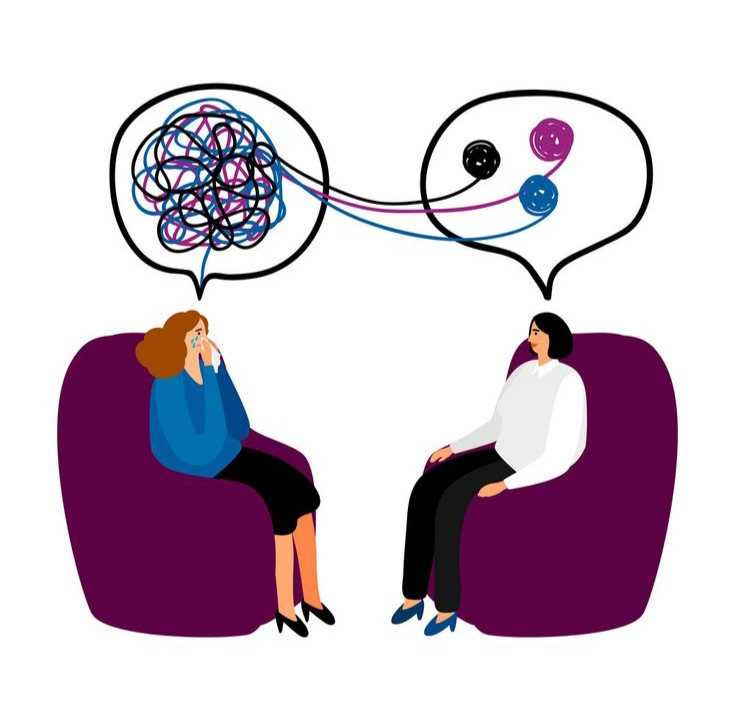 Within this type of therapy is client-centered therapy, Gestalt therapy, and existential therapy.
Within this type of therapy is client-centered therapy, Gestalt therapy, and existential therapy.
Psychodynamic therapy
Of all five categories, psychodynamic therapy is most synonymous with talk therapy. It involves diving into the unconscious meanings and motivations of emotions, thoughts, and behaviors in order to analyze what might be driving them.
The person undertaking the therapy might have a treatable condition or may need to address a specific distressing circumstance that is driving their reactions.
Learn more about psychodynamic therapy here.
Holistic or integrative therapy
A therapist may employ holistic therapy, which involves coming up with a personalized treatment plan that incorporates a variety of therapy types to better serve a person’s needs.
To treat a person’s problems more effectively, a therapist may choose to work with one or more of these five approaches in therapy sessions.
There are several types of therapy that fall within these larger categories. Learn about them here.
Learn about them here.
Another common approach to treating many of the problems addressed in therapy, such as mental health conditions, is prescription medication. That said, people may find that they benefit most from a combination of both talk therapy and medication to treat moderate to severe symptoms.
If a person with mild symptoms is not ready for talk therapy or medication, they might also try a variety of stress-reduction techniques to manage their symptoms. Anxiety, for instance, may be alleviated by regular exercise, meditation, and a healthy lifestyle and diet. The Anxiety and Depression Association of America suggests that exercise works as well as medication for some people, and may even have longer lasting effects.
Learn more about natural remedies for anxiety here.
A therapist will usually try to pinpoint the type of therapy that is best for treating a person’s condition. Often, the therapist will disclose the type of therapy they believe will be most beneficial during the initial appointment after having a conversation about the person’s emotional state, challenges, and goals.
Alternatively, a person may choose the type of therapy they would like to receive by selecting a therapist who specializes in that area. In this sense, the type of therapy an individual chooses goes hand in hand with the therapist they will use. Some psychologists specialize in CBT, which may be particularly effective in treating symptoms associated with anxiety. Meanwhile, people lacking self-esteem, a sense of purpose, or who are struggling with how they can reach their full potential might find humanistic therapy to be a good fit.
Ultimately, the type of therapy a person selects should be a method that is proven to address their issues and identify possible solutions. As mentioned earlier, a mental health professional can help a person choose the correct form of therapy for them.
Similar to choosing a therapy type, a person should select a therapist with careful consideration. It is important to understand that therapists are all very different. That is to say, each person will have slightly different needs.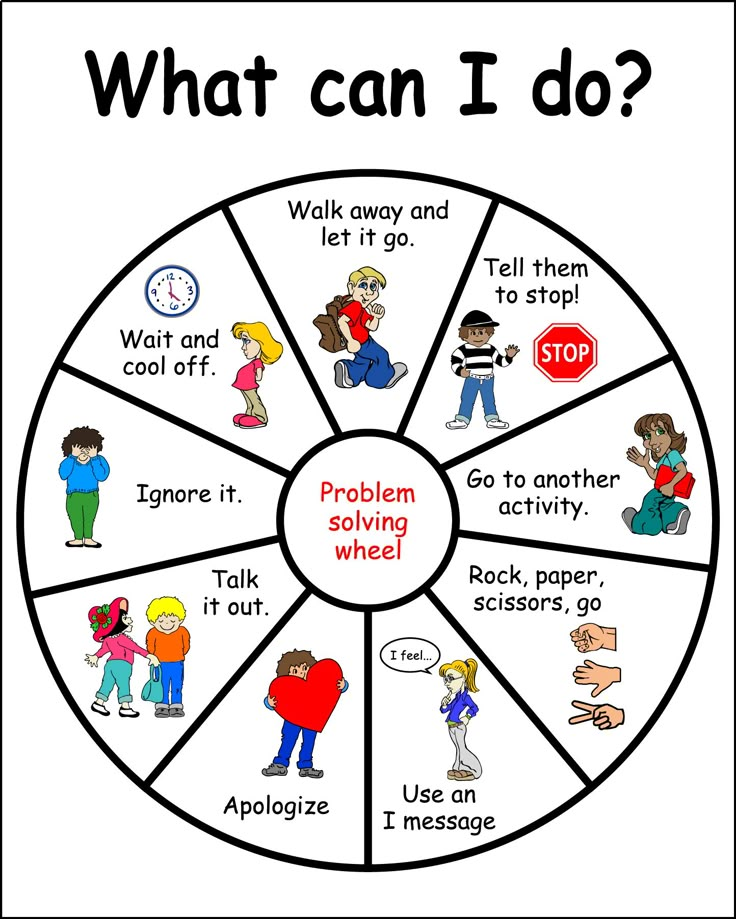 It is perfectly acceptable to switch therapists if one is not adequately meeting a person’s needs, even if that therapist has experience with the person’s condition and comes highly recommended. Talk therapy is a very personal experience that requires a great deal of honesty and opening up. This means the personality of a therapist may matter a great deal.
It is perfectly acceptable to switch therapists if one is not adequately meeting a person’s needs, even if that therapist has experience with the person’s condition and comes highly recommended. Talk therapy is a very personal experience that requires a great deal of honesty and opening up. This means the personality of a therapist may matter a great deal.
While the task of selecting a therapist can seem overwhelming, an individual may find it helpful to begin by targeting what their reasons are for seeking therapy. For example, if a person is constantly on edge, or experiencing frequent anger issues or depressive episodes, they might search for a therapist who specializes in anxiety and depression.
A healthcare professional might also be of help during this process. If a general practitioner diagnoses a person with a mental health condition, they might also be able to help in recommending therapists who have experience with that particular condition.
Talk therapy, also known as psychotherapy, is an effective means of treating mental health conditions and recurring stressors that interfere with daily life.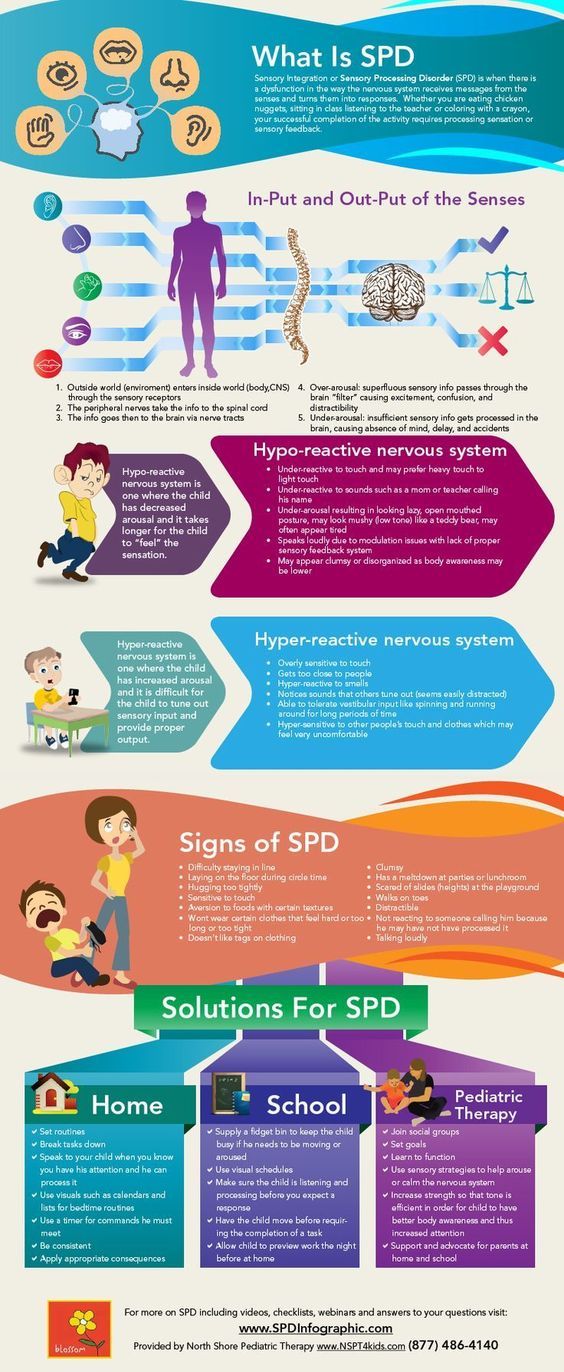
There are several types of therapy that a person might consider for treating their specific issues, including behavioral therapy, CBT, humanistic therapy, psychodynamic therapy, and holistic therapy.
A therapist can help pinpoint core issues, triggers, negative or harmful patterns of behavior, and more to aid in treatment of a problem.
What Is Talk Therapy?
We include products we think are useful for our readers. If you buy through links on this page, we may earn a small commission. Here’s our process.
Healthline only shows you brands and products that we stand behind.
Our team thoroughly researches and evaluates the recommendations we make on our site. To establish that the product manufacturers addressed safety and efficacy standards, we:
- Evaluate ingredients and composition: Do they have the potential to cause harm?
- Fact-check all health claims: Do they align with the current body of scientific evidence?
- Assess the brand: Does it operate with integrity and adhere to industry best practices?
We do the research so you can find trusted products for your health and wellness.
We all go through periods of emotional distress. For some people, the problems are short term, and no treatment is needed.
But for others, participating in talk therapy can make a significant difference in how they feel and possibly change their outlook on life.
Whether you’re dealing with the loss of a loved one, coping with a medical illness, or feeling anxious, stressed, or depressed, it might be time to consider talk therapy.
Talk therapy, which is also known as psychotherapy, is what mental health professionals use to communicate with their patients. The purpose of talk therapy is to help people identify issues that cause emotional distress.
For some people, these issues are complex and may result in a diagnosis of a mental health condition, such as depression or anxiety.
But for others, talk therapy may simply serve as a safe place to discuss feelings and emotions triggered by daily stressors, a medical illness, relationship issues, grief and loss, or the impact of a specific trauma.
Once the issues are identified, a therapist will help you understand how these stressors are affecting your life and work to develop strategies and solutions to help decrease the severity of the symptoms.
In general, a talk therapy session lasts about an hour, often 50 minutes. How often you go to therapy and how long you continue depend on the severity of symptoms and the treatment plan your therapist develops.
Initially, you may expect to attend therapy once a week. While this may seem like a major commitment, attending weekly sessions gives you the chance to develop a relationship with your therapist and adjust to the process.
The frequency of sessions may change to bimonthly as you develop coping strategies and begin showing signs of improvement.
Highlights
- Talk therapy teaches you new and helpful ways of coping with distress and its impact on your life.
- It can help you find healing from anxiety, depression, trauma, and other mental health-related symptoms, conditions, and issues.
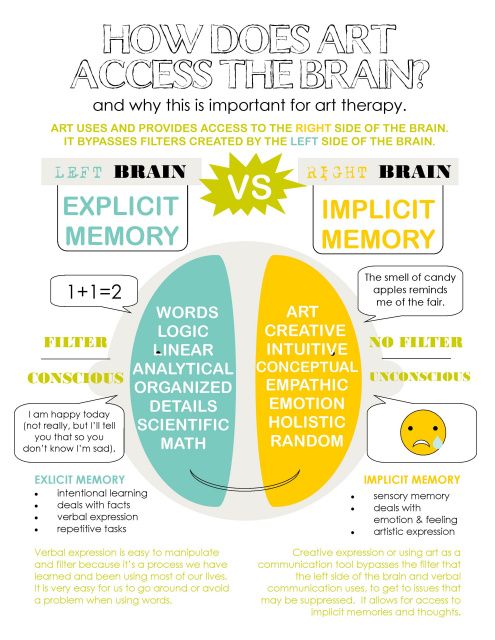
- Psychotherapy gives you the chance to talk to someone who’s trustworthy and unbiased about your mental health issues.
- It can positively impact your life and your lived experience.
- It may reduce long-term risks of mental health conditions.
Drawbacks
- It may feel uncomfortable talking with a stranger about your deepest feelings and emotions.
- It can take time to see progress or results of treatment.
- Sessions may not be covered by insurance.
- Talk therapy can feel like a major time commitment.
Choosing the right therapist is just part of the equation. You’ll also want to read up on the different approaches to talk therapy. The good news? There are a lot of options, which means you’ll likely find one that works for you.
There are five broad categories of psychotherapy, according to the American Psychological Association. These approaches include:
- Behavioral therapy. The goal of behavioral therapy is to reduce or eliminate unhealthy behaviors by addressing them and also reinforcing positive behaviors.
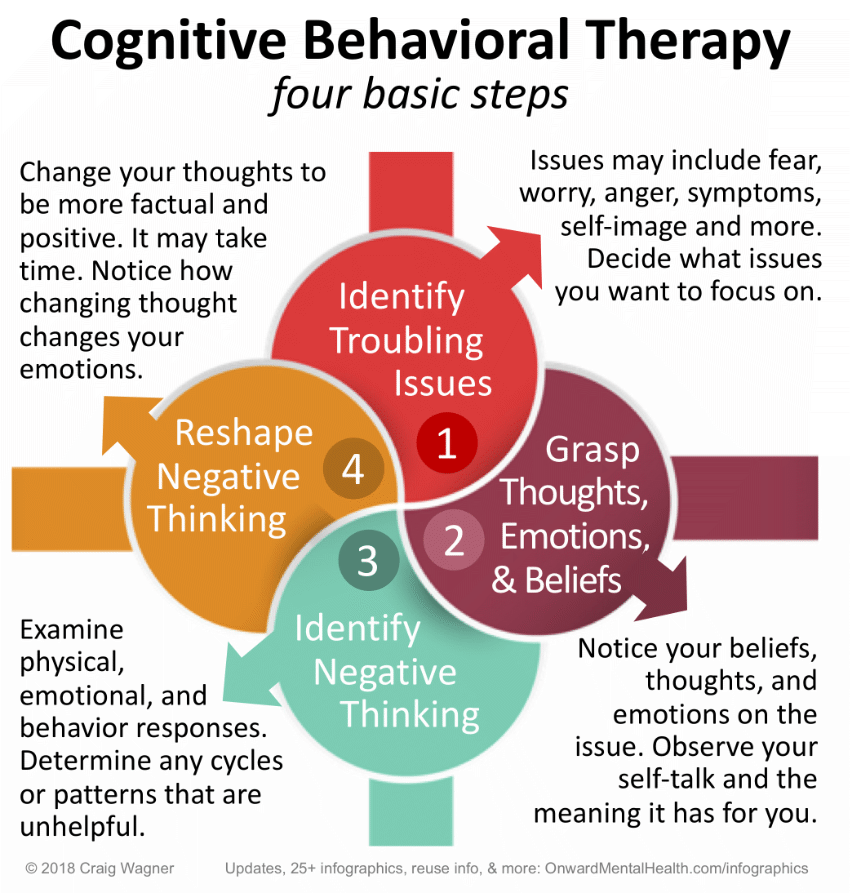
- Cognitive behavioral therapy (CBT). Therapists who use CBT help clients recognize negative or unhelpful thought and behavioral patterns.
- Humanistic therapy. There are three subtypes within humanistic therapy: client-centered therapy, Gestalt therapy, and existential therapy.
- Psychodynamic therapy. This approach takes a dive into the unconscious meanings and motivations of your feelings, thoughts, and behaviors. In psychodynamic therapy, a trusting relationship between the therapist and the client is ideally developed. Some people will refer to this as “talk therapy.”
- Holistic or integrative therapy. Rather than focusing on one style, therapists who use an integrative style of therapy blend elements from different theories to create a style that meets their client’s needs.
Mental health professionals use certain styles of talk therapy when treating specific conditions like anxiety or depression, which are the most common mental health conditions.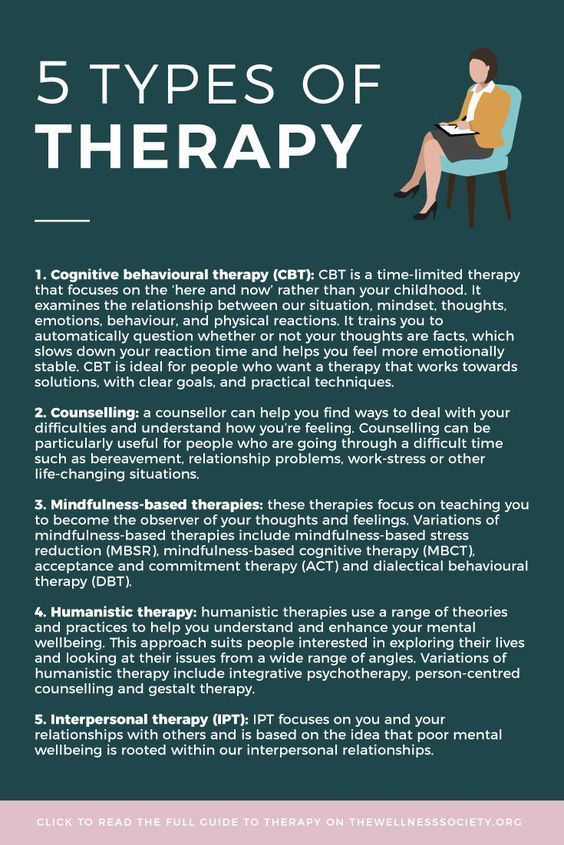
Cognitive behavioral therapy, a combination of cognitive and behavioral therapy techniques, is the most frequently used approach for treating anxiety disorders.
CBT emphasizes the important role of thinking in how we feel and what we do. CBT is often used to treat depression as well.
Psychodynamic therapy and interpersonal therapy are also commonly used to treat anxiety and depression.
Tips for finding a therapistIf you’re ready to make an appointment with a therapist, but you’re not sure where to start, here are some tips and resources to help you locate a mental health expert in your community or online.
- Ask your doctor for a recommendation.
- Consult a local mental health facility.
- Ask family and friends for recommendations.
Online locators allow you to search for a therapist based on your location.
- GoodTherapy
- American Psychological Association
- National Register of Health Service Psychologists
- Anxiety and Depression Association of America
- Substance Abuse and Mental Health Services Administration
Online talk therapy sites and apps (teletherapy) allow you to receive therapy in the comfort of your home.
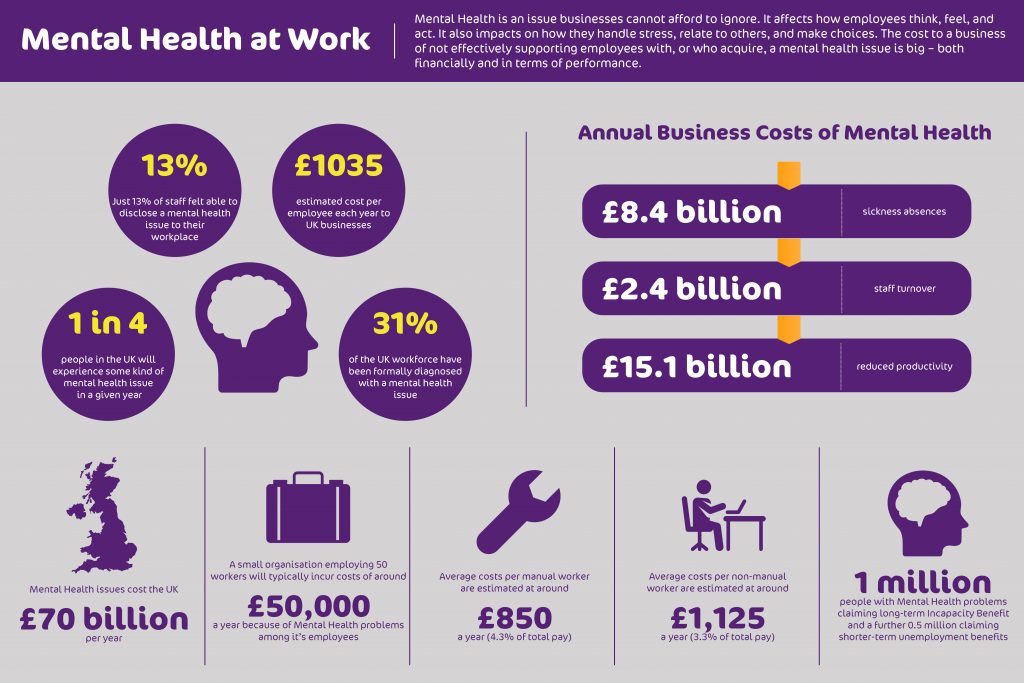
- Talkspace
- BetterHelp
- Online-Therapy.com
- Amwell
- MDLive
- ReGain
- Doctor on Demand
The short answer is yes — talk therapy works.
However, the success or effectiveness of psychotherapy relies on your willingness to be open to the process and be honest about what you’re feeling. It also depends on the dynamic of the patient-therapist relationship.
Mental health experts support the use of psychotherapy in treating various conditions, and research also supports its use.
A 2015 review found that CBT is by far the most consistently supported psychotherapeutic option in the treatment of anxiety disorders. This explains why it’s also the most recommended.
A 2018 study found that early treatments with talk therapy can reduce long-term risks for serious mental health conditions in people experiencing bereavement.
With the increasing popularity of online therapy, or teletherapy, many people wonder if this type of talk therapy is effective.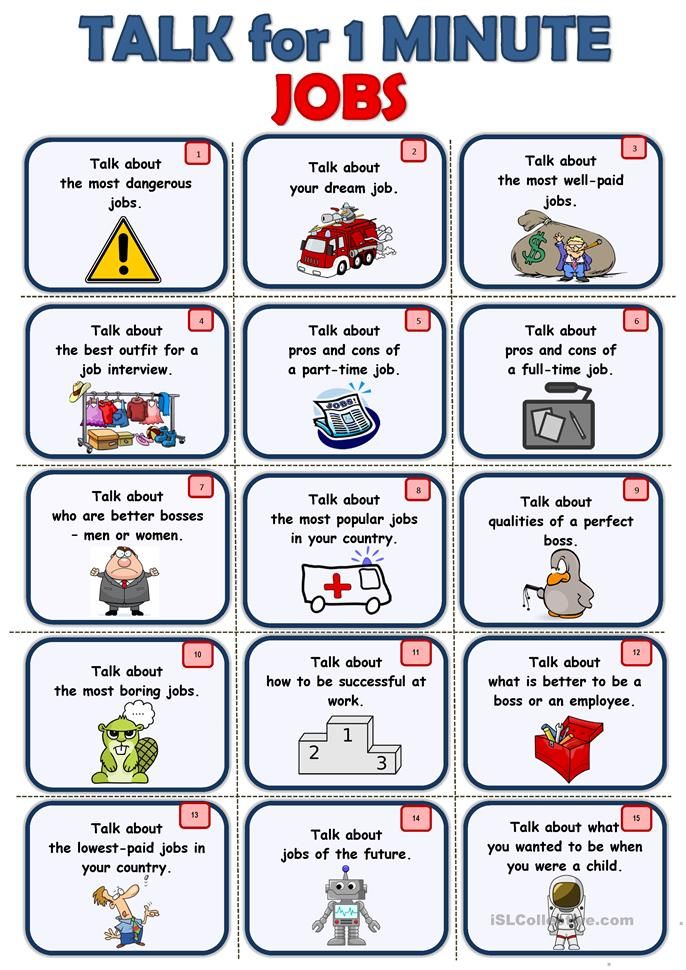
Results from a 2014 study found that online treatment was just as effective as face-to-face treatment for depression. Another 2014 study reports that online CBT was both cost effective and led to a reduction in anxiety symptoms.
Finding a therapist may feel like a daunting task. However, there are a number of ways you can find a mental health professional who’s a good fit for you, including:
- asking trusted friends and family members for referrals
- asking your primary healthcare professional for a referral
- looking through your insurance plan’s provider network if you want to go through insurance (you can also do a search online to see reviews from other clients)
- reaching out to available resources, like a campus counseling center if you’re a student, or a worship center if you’d like to find a therapist associated with your chosen faith
- searching online databases via reputable mental health organizations, such as the American Psychological Association and the American Association of Marriage and Family Therapists
- seeking help through a national association, network, or helpline related to your condition, such as the Anxiety and Depression Association of America or the National Center for PTSD
- trying out a teletherapy platform like BetterHelp or Talkspace, which will have you fill out a questionnaire and match you with a therapist or counselor
Questions to ask a potential therapistMost therapists have comprehensive websites that detail their qualifications and experience.
But you’ll get a better feel for their personality and style if you talk with them.
Some mental health professionals offer a free “get to know you” session that allows potential clients to ask questions. But if this is not an option, you can request a phone consultation.
Here are some questions to consider asking a potential therapist:
- What is your professional training and education? This should include degrees, certifications, and professional affiliations.
- What is your experience? Ask about years working in the profession, settings, age of clients, and conditions treated.
- What is your approach to psychotherapy? How does this influence treatment?
- What do you expect from me?
- How often do you schedule appointments?
- How much does treatment cost?
- Do you specialize in the area in which I’m looking for support?
What is traditional talk therapy?
Talk therapy, also known as psychotherapy, is the practice of speaking with a mental health professional to communicate and work through mental health conditions and circumstances.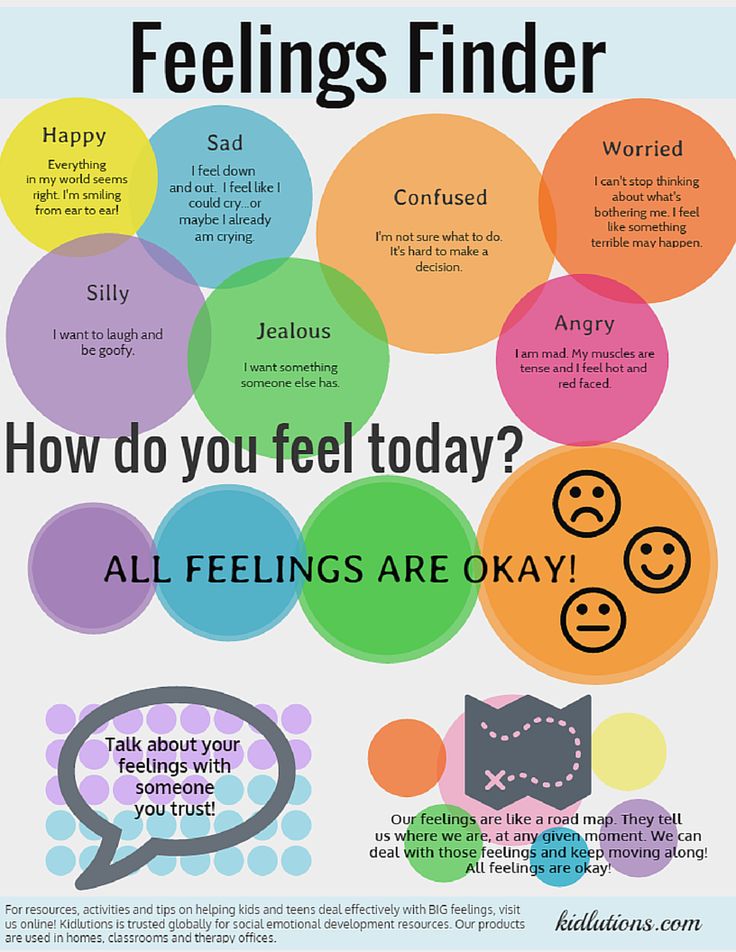
What are the types of talk therapy?
The main types of talk therapy include:
- behavioral therapy
- cognitive therapy
- humanistic therapy, which has three subtypes: client-centered therapy, Gestalt therapy, and existential therapy
- psychodynamic therapy
- holistic or integrative therapy
What does talk therapy consist of?
Depending on the type of therapy, you may work with a therapist to:
- identify issues in your life that are causing you distress
- work through behaviors that are negatively impacting your life
- discuss feelings and emotions that are caused by stress, relationships, trauma, or a major change
Typically, a session lasts between 50 minutes and 1 hour, and occurs weekly or biweekly.
Do you need a diagnosis for therapy?
You don’t need a diagnosis to begin therapy. However, in order for insurance to cover therapy appointments, you may need your therapist to provide a diagnosis or reasons for treatment.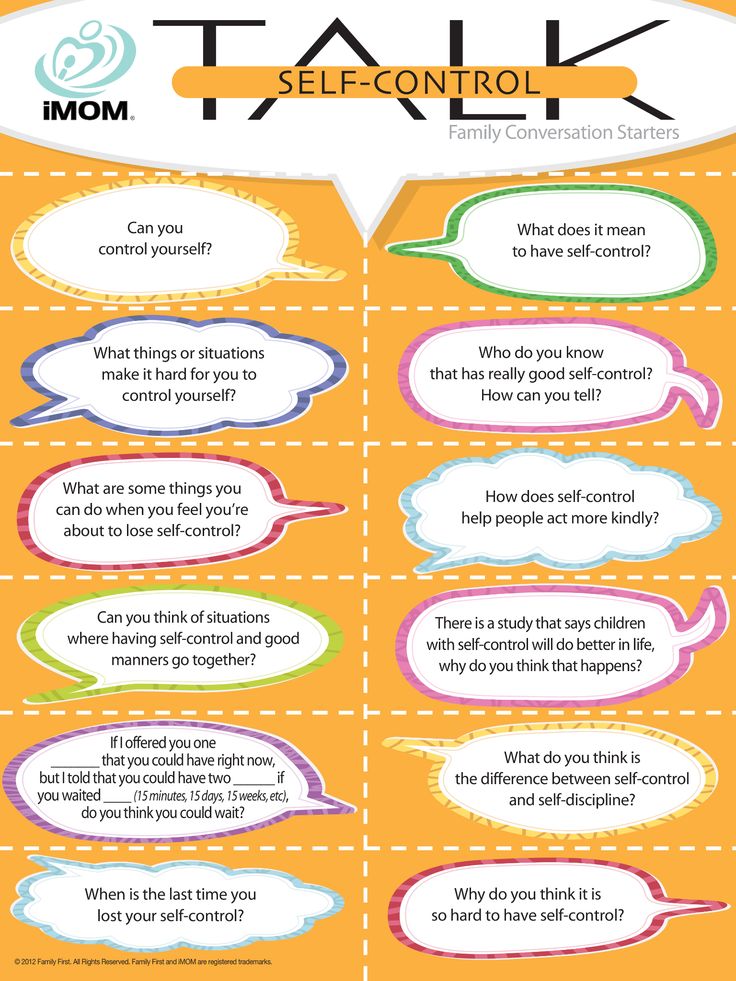
We all experience emotional distress at some point. The good news is talk therapy is a proven method of treatment to help reduce symptoms and learn new ways of coping. Plus, it’s open to anyone.
Take some time to research different mental health professionals in your area or consider teletherapy. And remember to ask questions before you settle on a therapist. This is a relationship that requires patience, communication, and trust.
What is talking therapy and can it help?
We all go through periods of emotional stress. Some people have short-term problems and no treatment is needed.
But for others, engaging in talking therapy can make a big difference in how they feel and possibly change their outlook on life.
Whether you are experiencing the loss of a loved one, struggling with an illness, or feeling anxious, stressed or depressed, it may be time to consider talking therapy. nine0003
What is talking therapy?
Talk therapy, also known as psychotherapy, is what mental health professionals use to communicate with their patients. The goal of talking therapy is to help people identify issues that cause emotional distress.
The goal of talking therapy is to help people identify issues that cause emotional distress.
For some people these problems are complex and may lead to a diagnosis such as depression or anxiety.
But for others, talk therapy may simply serve as a safe place to discuss feelings and emotions caused by daily stressors, medical illness, relationship problems, grief, and loss or exposure to a particular trauma. nine0003
Once problems are identified, a therapist can help you understand how these stressors affect your life and work to develop strategies and solutions to help reduce the severity of your symptoms.
In general, a conversation session lasts about an hour, usually 50 minutes. How often you go to therapy and how long you stay in therapy depends on the severity of your symptoms and the treatment plan your therapist develops.
Initially, you can expect to see therapy once a week. While it may seem like a big commitment, attending weekly sessions gives you the opportunity to build a relationship with your therapist and adjust to the process.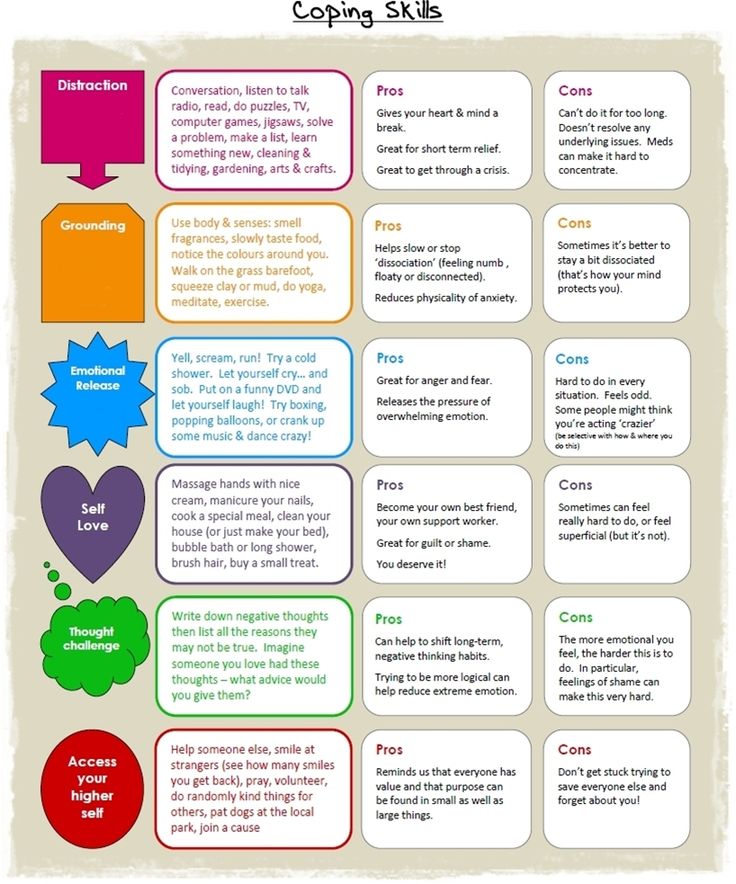 nine0003
nine0003
The frequency of sessions may change to twice a month as you develop coping strategies and begin to show signs of improvement.
What types of talking therapy are there?
Choosing the right therapist is only part of the equation. You will also want to read about the different approaches to talking therapy. Good news? There are many options, which means that you are more likely to find one that is right for you.
According to the American Psychological Association, there are five main categories of psychotherapy. These approaches include:
- Behavioral therapy. The goal of behavioral therapy is to reduce or eliminate self-defeating or unhealthy behavior by addressing it and also by reinforcing the desired behavior.
- Cognitive behavioral therapy. Cognitive therapy therapists focus more on what you think than what you do.
- Humanistic therapy. Humanistic therapy has three subtypes: client-centered therapy, gestalt therapy, and existential therapy.
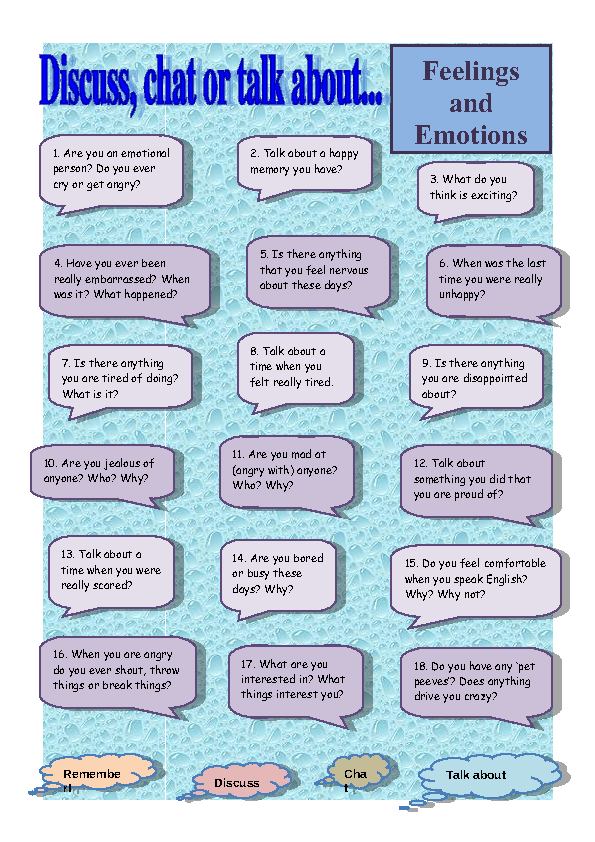 nine0034
nine0034 - Psychodynamic therapy. This approach involves delving into the unconscious meanings and motives of your feelings, thoughts, and behaviors. In psychodynamic therapy, the relationship of trust between therapist and client is ideal. Some people will call this "talk therapy".
- Holistic or integrative therapy. Instead of focusing on one style, therapists who use the integrative style of therapy mix elements from different theories to create a style that meets the needs of their clients. nine0034
Mental health professionals use certain styles of talking therapy to treat certain conditions, such as anxiety or depression, which are the most common mental disorders.
Cognitive behavioral therapy, a combination of cognitive and behavioral therapy, is the most commonly used treatment approach. treatment of anxiety disorders.
CBT emphasizes the important role of the mind in how we feel and what we do. CBT is also often used to treat depression.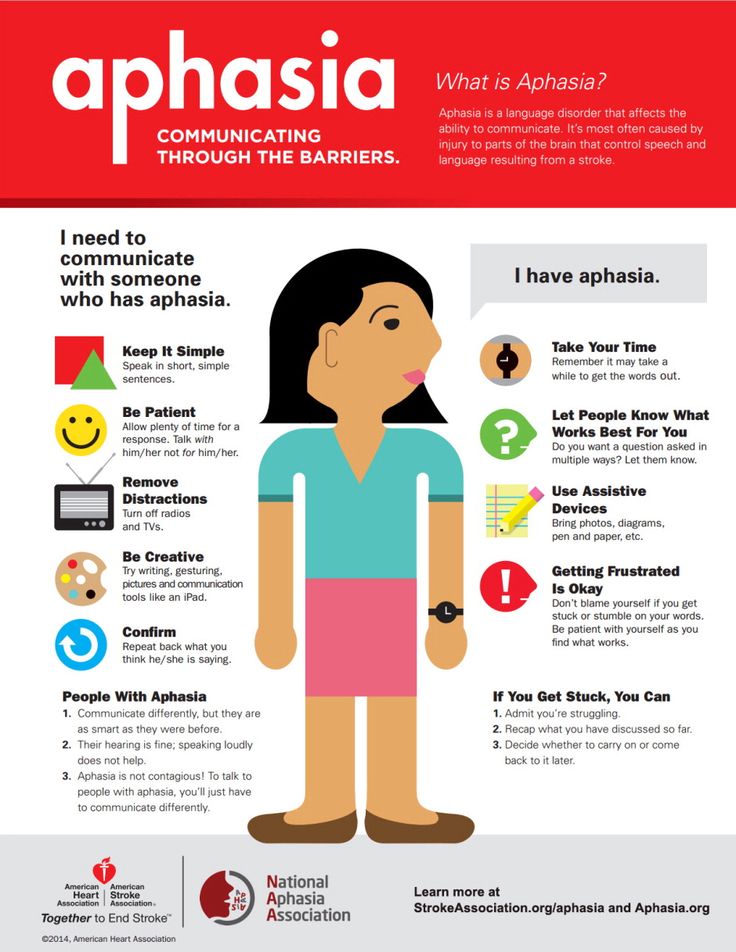 nine0003
nine0003
Psychodynamic therapy and interpersonal therapy are also widely used to treat anxiety and depression.
Tips for Finding a Therapist
If you're ready to make an appointment with a therapist but don't know where to start, here are some tips and resources to help you find a mental health professional in your area or online.
- Ask your doctor for a recommendation.
- Contact your local mental health facility. nine0034
- Ask family and friends for recommendations.
Online locators allow you to search for a therapist based on your location.
- Psychology today
- Good therapy
- American Psychological Association
- National Register of Psychologists of the Health Service
- Axiety and Depression of America
- Office for Combating Psychoactive Substances therapy without leaving home. nine0003
- TalkSpace
- Better detachment
- online-theapy.
com
- amwell
- mdlive
- Regain
- Doctor at the request of
does it work for conversational therapy?
The short answer is yes… talk therapy works.
However, the success or effectiveness of psychotherapy depends on your willingness to be open to the process and honest about how you feel. It also depends on the dynamics of the patient-therapist relationship. nine0003
Mental health experts support the use of psychotherapy in the treatment of various conditions, but research also supports its use.
A 2015 review(s) found that cognitive behavioral therapy is by far the most consistently supported psychotherapeutic treatment option for anxiety disorders, which explains why it is also the most recommended.
A A 2018 population cohort study found that early treatment with talk therapy can reduce long-term risks of major mental illness in bereaved people. nine0003
With the rise in popularity of online therapy or teletherapy, many people are wondering if this type of talking therapy is effective.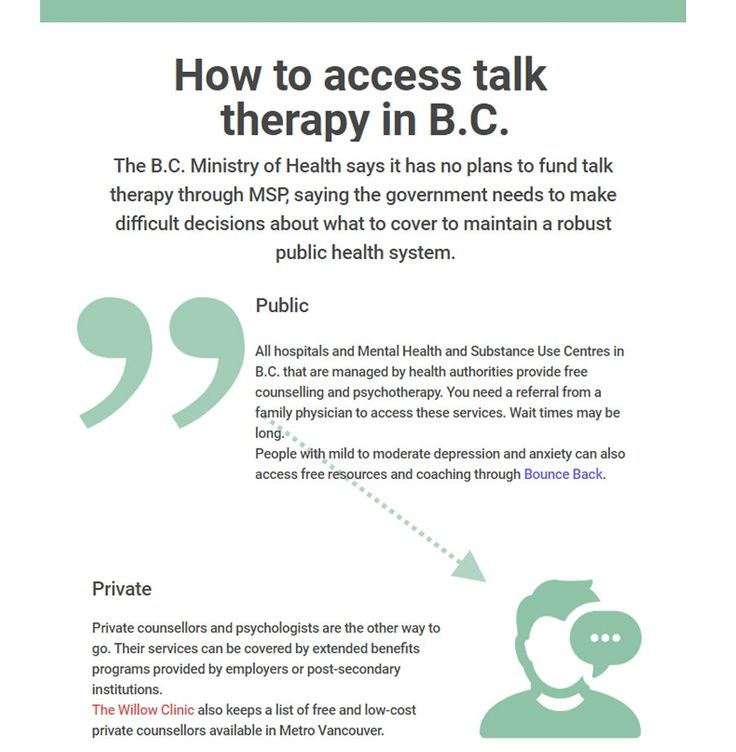
A 2014 study found that online treatment was as effective as face-to-face depression treatment. Another 2014 study reports that online cognitive behavioral therapy was cost effective and resulted in a reduction in anxiety symptoms.
Questions to ask a potential psychotherapist
Most therapists have extensive websites detailing their qualifications and experience, but you'll get a better feel for their personality and style if you talk to them in person.
Some mental health professionals offer a free "Know Yourself" session that allows potential clients to ask questions, but if that's not possible, request a telephone consultation.
Here are five questions to think about:
- What is your professional training and education? This must include degrees, certificates and professional connections.
- What is your experience? Ask about professional years, conditions, clients' ages and treatment conditions.

- What is your approach to psychotherapy? How does this affect treatment?
- What do you expect from me?
- How often do you make appointments?
- How much does the treatment cost? nine0033
Bottom line
We all experience emotional stress at some point. The good news is that talking therapy is a proven treatment to help reduce symptoms and learn new coping strategies. In addition, it is open to everyone, regardless of the problem.
Spend some time researching the different providers in your area or consider teletherapy. And don't forget to ask questions before choosing a therapist. This is a relationship that requires patience, communication and trust. nine0003
Conversation: why psychotherapy is not a fad
Whenever the subject of psychotherapy is discussed, depression and the statistics associated with it appear on the scene. Something like: "By 2030, depression will be the number one disease leading to disability. " Or: "Depression costs the world economy a trillion dollars a year."
" Or: "Depression costs the world economy a trillion dollars a year."
This statistic is quite impressive and comes from solid sources. It attracts the attention of the layman, is well absorbed by him and leads to reflections on how complicated everything in this world is arranged. nine0003
At the same time, it does psychotherapy a disservice in the sense that it limits its scope to depression and thereby strengthens it in the status of an extreme measure resorted to at the last moment, out of despair, when there is absolutely nothing else to do.
Advertising on RBC www.adv.rbc.ru
Why do we need psychotherapy?
The truth is that there are several billion people on the planet, each of whom carries a huge amount of pain, resentment, hatred, misunderstanding, feelings of restlessness and loneliness. These emotions do not prevent you from going to work and contributing to the global economy, they manifest themselves imperceptibly, gradually, behind closed doors.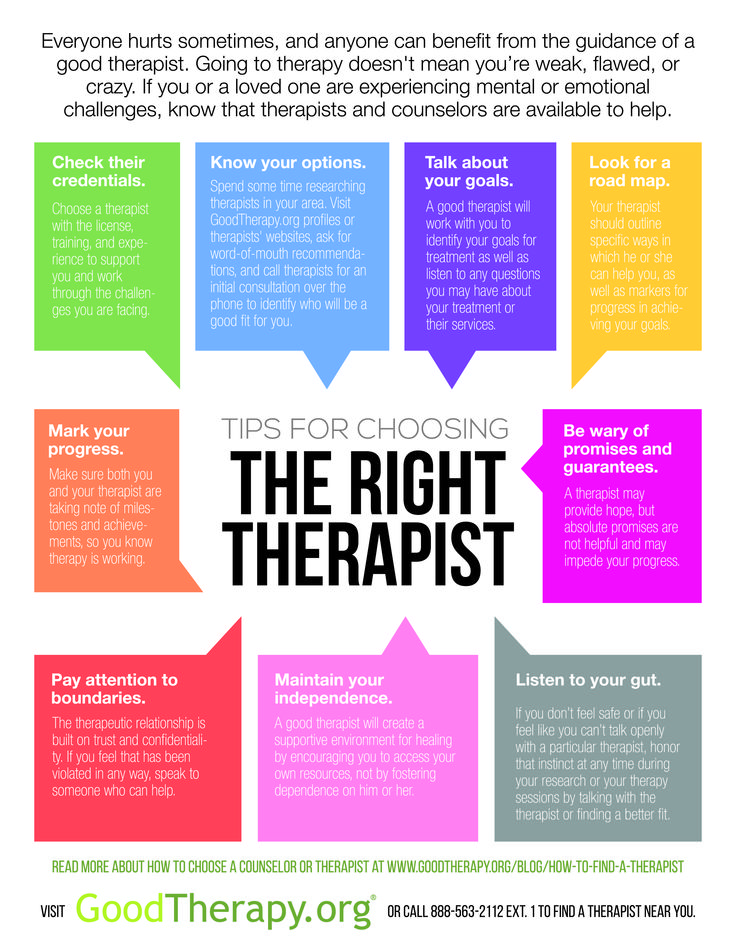 nine0003
nine0003
People experience unreasonable fear and anxiety. Get angry out of nowhere. They live with a constant, incomprehensible sense of guilt. They don't like their partners but don't dare to leave, they suffer from insomnia, they beat their wives, husbands and children, they drink, take drugs and get really upset if their photo on social media doesn't get as many likes as they expected.
These people do not have depression, but they all need psychotherapy. To us all.
In order to accept (or reject) this statement, it is necessary to understand how the human psyche works: how it functions and how it is formed. For this, in turn, we need to turn to her first years - to the time when she is especially plastic and receptive.
A child's psyche is the finest self-adjusting tool that uses the outside world as a tuning fork. Every second, it processes a huge amount of incoming information: sometimes direct and unambiguous, sometimes contradictory and veiled. She structures it, evaluates it, compares it with her own impulses and desires.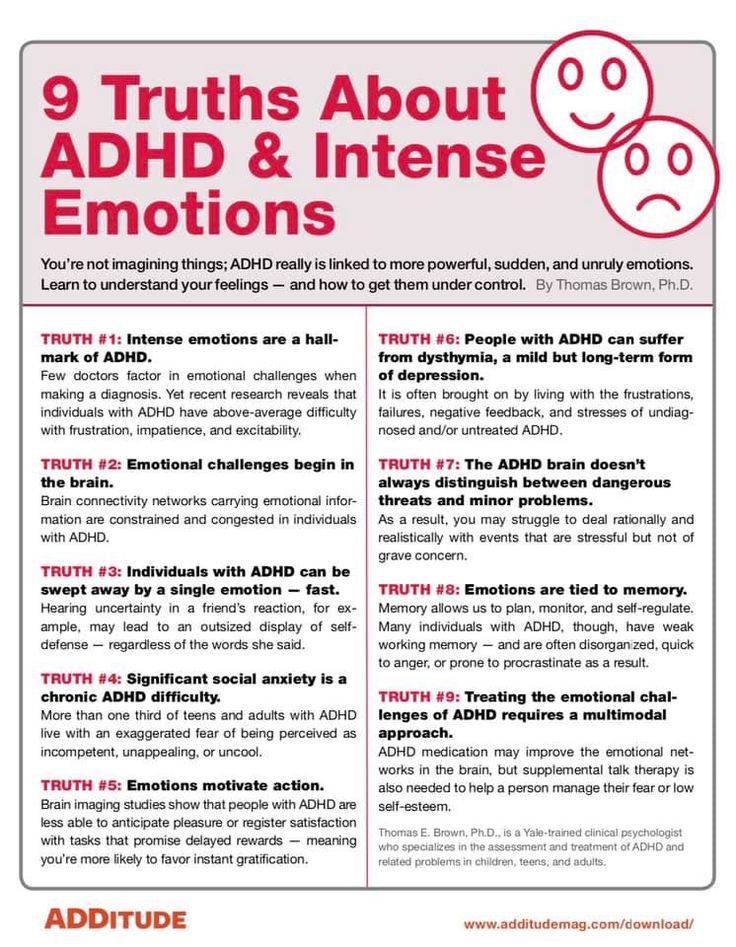 As a result of these calculations, some part of the information is internalized (assimilated and accepted as the basis of behavior), some is discarded, and some, burdened with nuances that the child's psyche is not yet able to process, is forced out into that mysterious area called unconscious. nine0003
As a result of these calculations, some part of the information is internalized (assimilated and accepted as the basis of behavior), some is discarded, and some, burdened with nuances that the child's psyche is not yet able to process, is forced out into that mysterious area called unconscious. nine0003
© illustration: Valeria Snoz
According to popular belief, Freud discovered the unconscious. This is not true. Throughout its history, thinking humanity has been groping for the idea of the existence of a certain mental area that is beyond the control of consciousness. In its various manifestations, it surfaced in Plato, Leibniz, Schopenhauer or the German romantics. Freud was the first to take this idea with all the seriousness of a scientist and fit it into the framework of the empirical method.
He was also the first to suggest that those emotions that are repressed into the unconscious do not go anywhere, but remain in it, accumulate and then manifest themselves in the form of various symptoms - be it unreasonable aggression, fear of spiders or self-doubt.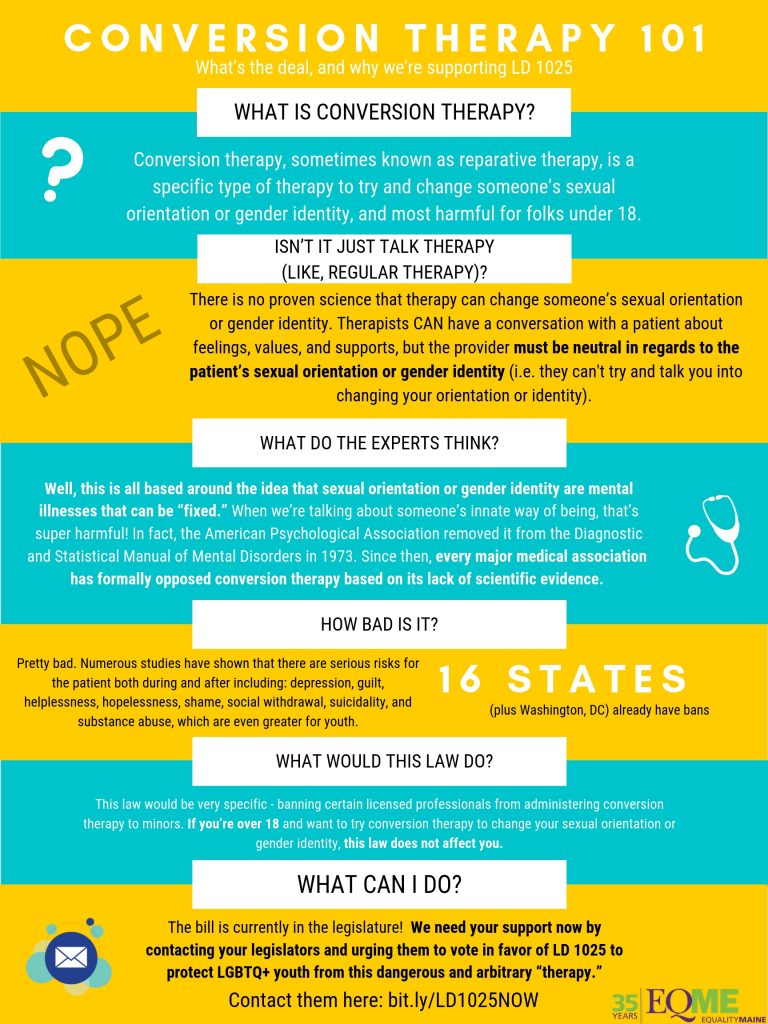 You can follow this idea with a simple example. nine0003
You can follow this idea with a simple example. nine0003
The child grows up with parents who set out to make a “real man” out of him. For this reason, they pull him back every time he cries: “Well, it starts again!”, “Just a little - immediately into tears!”, “You are a man, stop it!”.
Being not yet a formed personality and not having the ability for critical thinking, the child takes the parents' opinion as an axiom, and a simple logical scheme is established in his psyche: crying is bad. What are tears? This is a manifestation of emotion. Therefore, emotions are bad. The child begins to suppress them - and this is exactly the moment when emotions begin to be forced into the unconscious. nine0003
Shame (caused by those emotions that could not be suppressed), resentment at his parents (for not allowing him to freely express himself), and a general sense of his own depravity (because, despite all efforts, he still experiencing emotions).
Many others are added to this psychological construction, all of them are intertwined in the unconscious and form a huge bizarre mechanism with a completely unpredictable effect: either a bird will fly out, or a devil will jump out of a box, or a piano will crash from the height of a multi-storey building. nine0003
nine0003
There are many varieties of psychotherapy, which, in turn, are subdivided into other varieties, and those into thirds. There is existential psychotherapy, Jungian, cognitive-behavioral, body-oriented, gestalt, psychoanalysis, and so on. All of them differ in nuances, but their task is the same - to help the patient in studying this mechanism.
How does it work? nine0003
From a technical point of view, a psychotherapy session is arranged exactly as shown in Hollywood films. The patient sits down in front of the psychotherapist and begins to talk about everything that comes to mind. In this verbal stream, symptoms (or hints of them) immediately appear, which a good psychotherapist immediately notices.
Let's say a patient insists on approval. “Tell me, did I do the right thing?” he asks all the time. In response to this, the patient is invited to think about why approval is so important to him.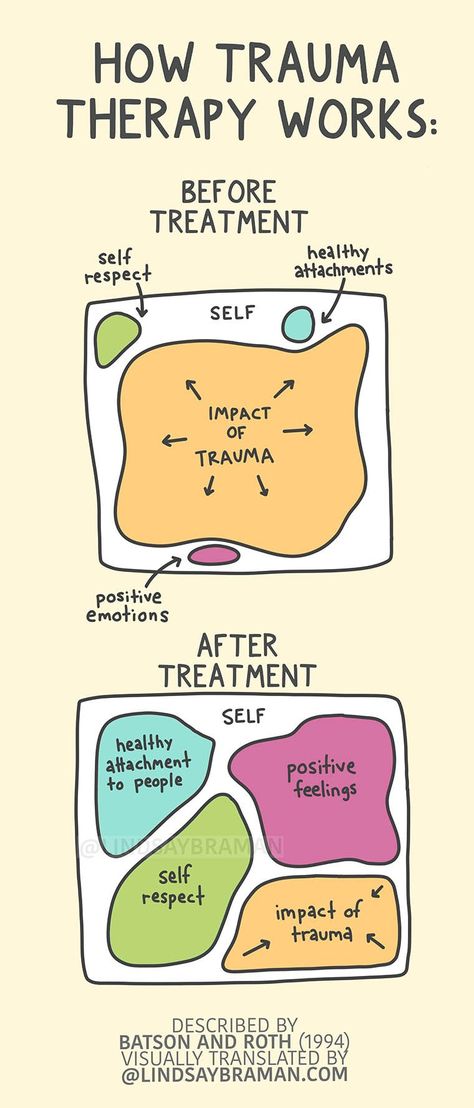 He, as a rule, cannot answer, and then the therapist asks him to remember whose approval he lacks the most. The patient (who has never asked himself such questions) is surprised to realize that all his life he needed the approval of his mother, but never could get it. nine0003
He, as a rule, cannot answer, and then the therapist asks him to remember whose approval he lacks the most. The patient (who has never asked himself such questions) is surprised to realize that all his life he needed the approval of his mother, but never could get it. nine0003
© illustration: Valeria Snoz
Freud's important discovery called "transference" plays a major role in this scene. In his work with his first patients, he noticed that they tend to endow the psychotherapist with the features of people important to them (usually parents) and behave as they would behave with them, with the only difference being that in the transference this manifests itself brighter and more distinctly. Since then, the main task of the psychotherapist has been to allow the patient to see his hidden emotions in this transference (desire for maternal approval, fear of tears, anger towards his father), bring them to light, understand, accept and live in the safe sterility of the office. nine0003
What's in practice?
Psychotherapy is in an interesting position in Russia.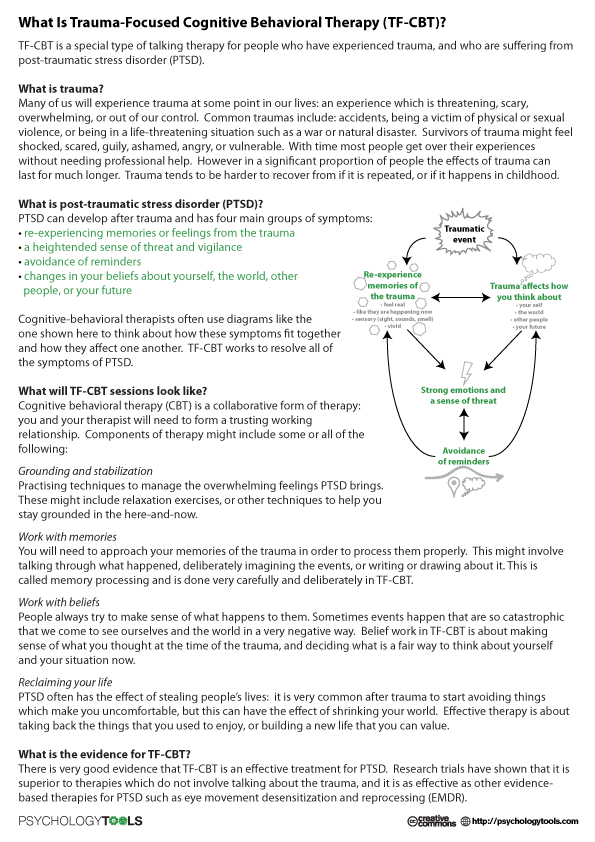 On the one hand, the market is not developed and chaotic: this profession is not subject to licensing, and specialized education is in its infancy. On the other hand, right now the public interest is turning towards psychotherapy. It is being discussed more and more actively in the press, leaking onto television screens, serving as material for memes.
On the one hand, the market is not developed and chaotic: this profession is not subject to licensing, and specialized education is in its infancy. On the other hand, right now the public interest is turning towards psychotherapy. It is being discussed more and more actively in the press, leaking onto television screens, serving as material for memes.
However, finding the right psychotherapist is still not easy. The market is highly polarized. At one end are members of the scientific community, distinguished and experienced professionals, who, however, cost significantly more than the average and are distinguished by excessive seriousness. On the other - a hodgepodge of specialists of various levels, dilettantes, charlatans, self-taught and fortune-tellers on tarot cards. It's almost impossible to figure it all out on your own. nine0003
The most effective way to search is to recommend people you know. For those who do not have sufficient social capital, there is a bulletin board b17. ru - quite a worthy project, which, however, sins with disorder: it presents a lot of psychotherapists, but the filters and criteria for their selection are not very well developed.
ru - quite a worthy project, which, however, sins with disorder: it presents a lot of psychotherapists, but the filters and criteria for their selection are not very well developed.
© illustration: Valeria Snoz
Two more projects have recently appeared: the first is called Sreda and is a mixture of thematic media and a bulletin board, and the second is Yasno, a service where you can find a therapist and chat with him via video chat ("Clearly" - the project of the author of this material. - Approx. ed.) .
But when you find a therapist, how can you be sure that he is professional and trustworthy? First of all, pay attention to his education: a good specialist, as a rule, has a psychological faculty behind him, as well as studies at a specialized psychotherapeutic university. Counseling experience must be at least three years - otherwise the patient's problems will serve as educational material.
As for the work itself, a good psychotherapist never does the following things: he does not give advice, does not guarantee results, does not evaluate the thoughts and actions of the patient, and does not enter into friendly and even more romantic relationships with him.

